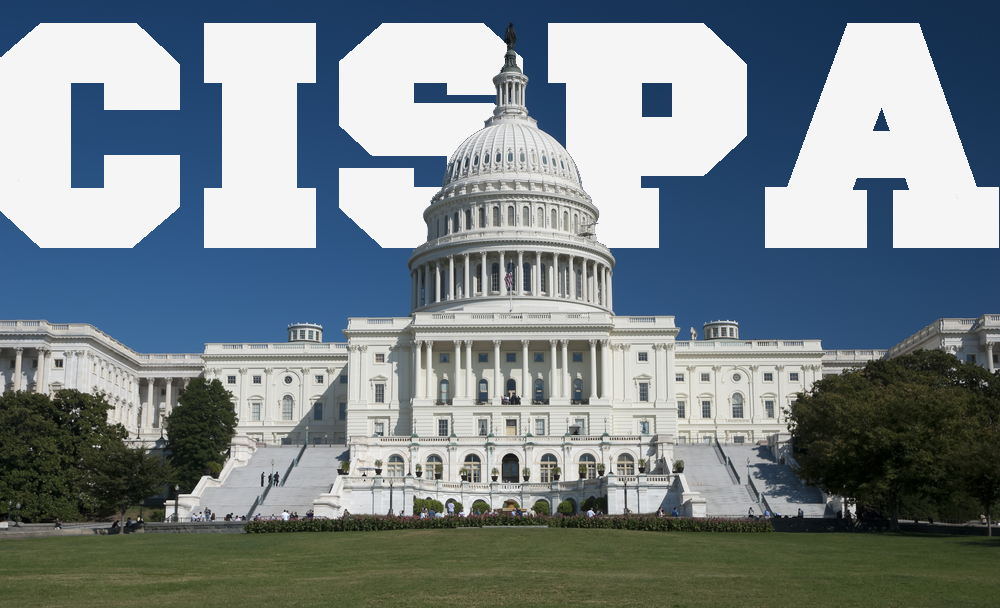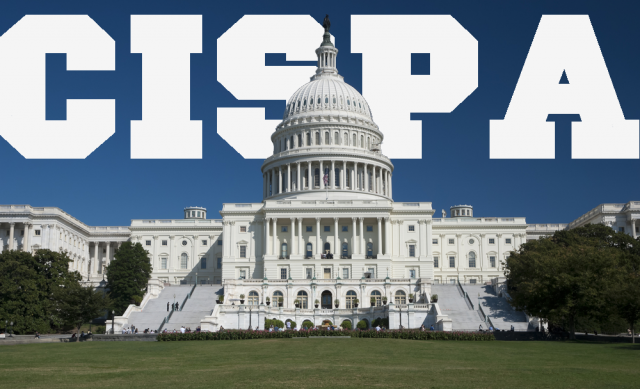
The White House has threatened to veto the controversial Cyber Information Sharing and Protection Act (CISPA) due to go before the House of Representatives this week.
The US government wants more privacy protections in the CISPA.
After failing to pass through the Senate last year, the bill has already had several amendments.
Intended to protect corporate networks from cyber-attacks, CISPA allows private companies to share cybersecurity information with government agencies.
Opponents say that this is creating a backdoor for governments to snoop on individuals’ data, a point taken on board by the government.
A White House statement said: “The administration remains concerned that the bill does not require private entities to take reasonable steps to remove irrelevant personal information when sending cybersecurity data to the government or other private sector entities.”

Despite this, CISPA has found many friends including large technology firms such as AT&T, Comcast, Intel and Oracle.
This week IBM has sent 200 executives to Washington to lobby for the bill.
In a statement the firm said: “IBM believes we can build stronger, more efficient defences against cyber-threats by enabling better information sharing and providing clear authority for the private sector to defend its own networks, as proposed in the Cybersecurity Intelligence Sharing and Protection Act (CISPA).”
But opponents remain concerned the bill allows a wide range of data to be shared with government. Last month a petition with 100,000 signatures was submitted to the White House.
Opposition has been particularly vocal from privacy groups, with the American Civil Liberties Union (ACLU) describing the latest iteration of the bill as “fatally flawed”.
CISPA’s sponsor, Republican Mike Rogers, caused anger on Twitter when he suggested in a speech that the typical opponent of the bill was “a 14-year-old tweeter in the basement”.
[youtube E38JdtwEn_o]